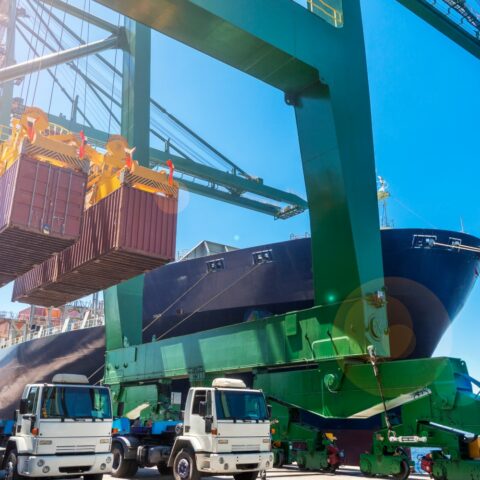The Challenge
The Indonesian government has made meaningful strides in implementing a risk management system for controlling and inspecting exports of fish and fishery products. But work remains to be done for imports, which lack an adequate risk management system. As a result, the Fish Quarantine Inspection Agency (FQIA) used to physically inspect 100% of fish imports and sample 20% of containers for testing to assure safety and quality. However, this approach stretched limited government resources and diverted attention from shipments carrying legitimate risk, ultimately putting consumer safety at risk.
What We Did
The Alliance, together with Trade Facilitation Office (TFO) Canada, supported the Indonesian government to strengthen and enhance its existing risk management system for controlling imports of fish and fishery products.
The Impacts
A revised imports inspection regime operating under new guidelines is expediting border clearances – reducing physical inspections by 40% and generating US$2.3 million annually in savings.


 Indonesia
Indonesia


